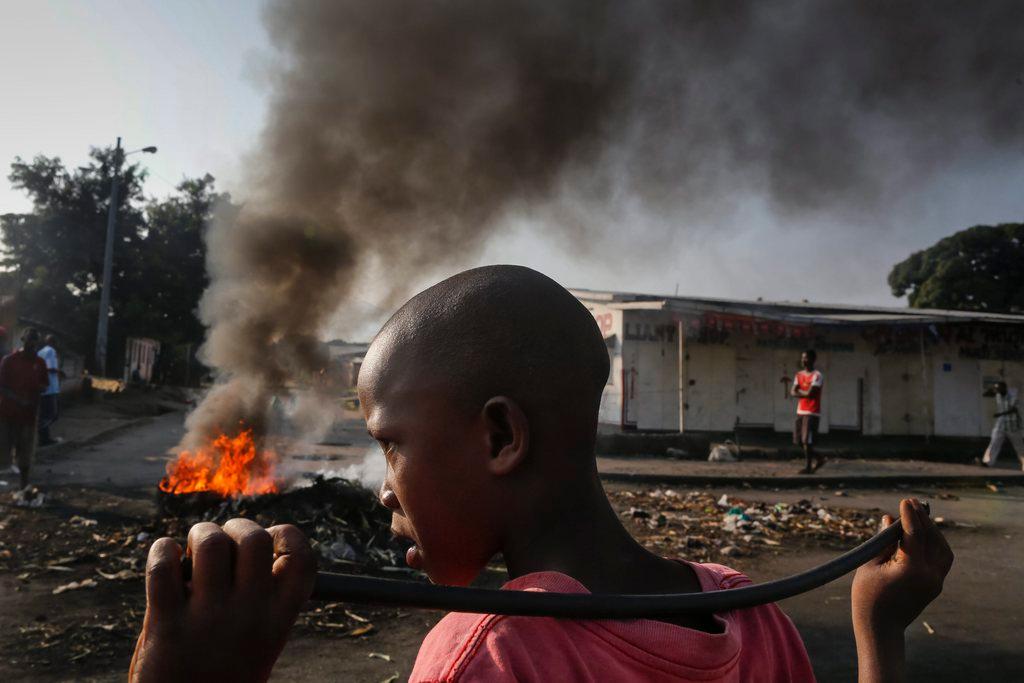Swiss ambassador calls for action over Burundi

The international community needs to step up its presence in Burundi, which has been embroiled in political violence since last year, says Swiss ambassador Jürg Lauber.
“The resolution of the current crisis in Burundi will require maximum coherence between international and regional organizations, in particular between the UN, the African Union (AU) and the East African Community (EAC),” Lauber told the UN Security Council in a briefing on Friday.
“An increased international presence in Burundi can considerably help to improve the security and human rights situation and to reduce violence.”
Lauber travelled to Burundi last month as Chair of the Burundi Configuration of the UN Peacebuilding Commission (PBC)External link amid ongoing peace efforts by the UN, the AU and EAC.
More than 400 people have been killed and 250,000 displaced in Burundi’s current unrest, which started in April 2015 when it was announced that President Pierre Nkurunziza would seek a third term, which he won. A new rebel movement has vowed to oust Nkurunziza from power by force.
Lauber said he was pleased that the AU and Burundi government had agreed to increase the number of human rights and military observers and welcomed the recent visit to Burundi by three independent experts mandated by the Human Rights Council to carry out impartial monitoring, clarify allegations and ease tensions.
The Swiss ambassador said the political crisis in Burundi and insecurity persists, but the “patterns of violent acts committed by elements of the security forces and armed opposition” appear to have changed.
He said current incidents were less visible than after December 11, when security forces in the capital Bujumbura killed dozens of people during a violent repression, but there are reports of allegations of forced disappearances, killings, torture, ill treatment, hate speech and sexual violence.
“Terror”
UN human rights chief Zeid Ra’ad Al Hussein who also briefed the security council on Friday said many people in Burundi were living in “terror” with increasing reports of torture, almost daily grenade attacks, arbitrary arrests and killings while the perpetrators go unpunished.
“The country remains on the brink of a sudden escalation of violence to even more massive proportions,” he declared.
He said some positive signals by the government in recent weeks following high-level visits including by the council, UN secretary-general, African leaders and others “have yet to be followed up with strong and consequential action” on reconciliation.
Secretary-General Ban Ki-moon told the council that before his arrival the government announced the annulment of arrest warrants against 15 opposition figures and the reopening of two banned media outlets, and during his visit Nkurunziza agreed to release up to 2,000 detainees.
Zeid said so far 47 detainees were released this week, and the government has taken steps to ensure that one fully independent radio station can operate, but he said a second station that reopened is not independent.

In compliance with the JTI standards
More: SWI swissinfo.ch certified by the Journalism Trust Initiative
You can find an overview of ongoing debates with our journalists here . Please join us!
If you want to start a conversation about a topic raised in this article or want to report factual errors, email us at english@swissinfo.ch.